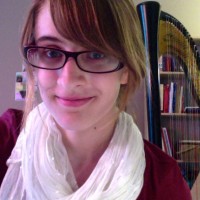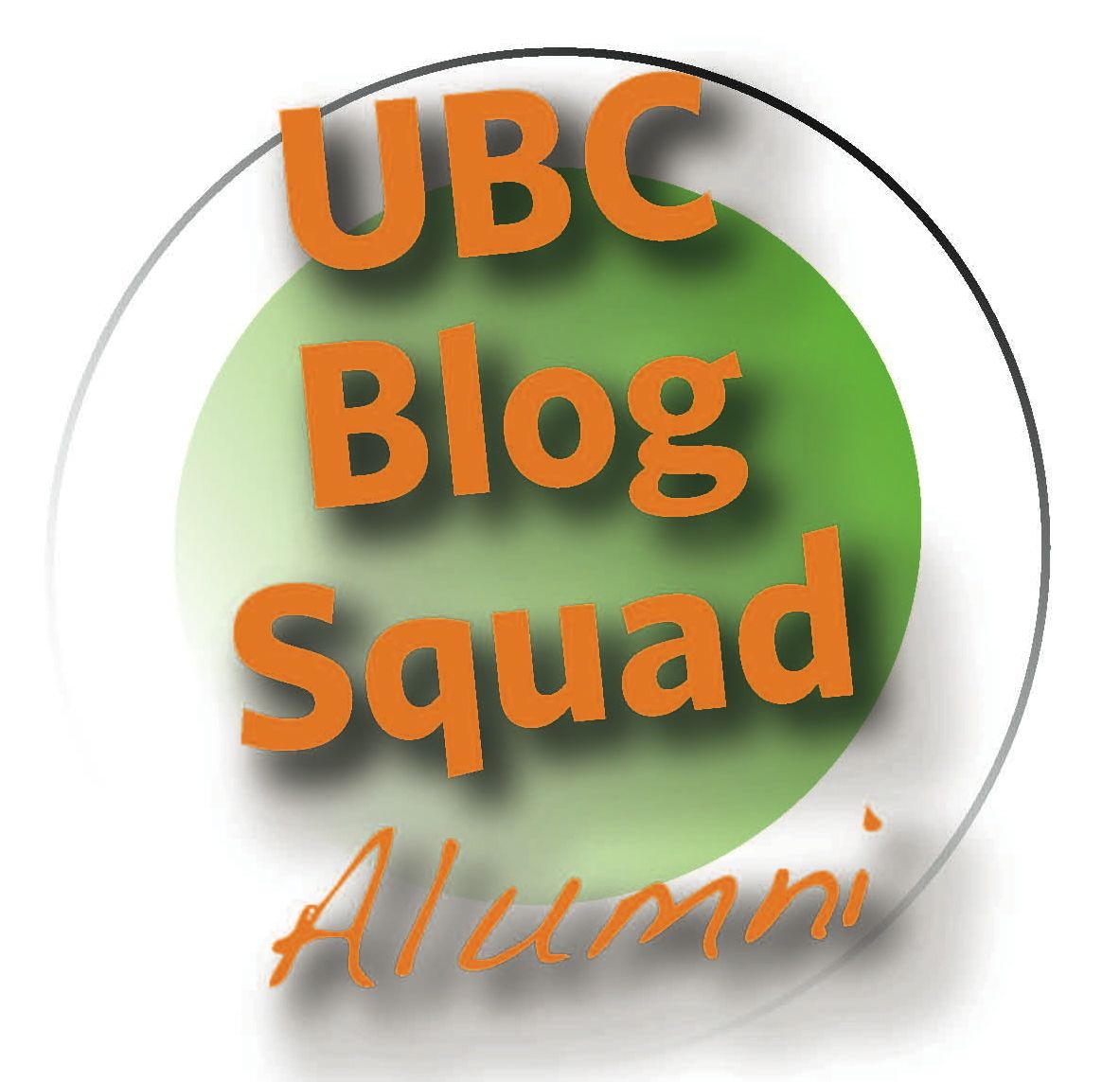Those who have followed my blog since the beginning will remember that about this time last year I managed to get myself a case of tendinitis. Since then, I got a little better then plateaued, saw another physiotherapist who told me the problem was in my shoulders (would have been nice to know that eight months earlier!), saw a massage therapist, thought I was finally better, got worse again, saw ANOTHER massage therapist who gave me more exercises for my shoulders, and at this point my shoulders are feeling pretty darn good but my hands are feeling about the same as they were in January. That is to say, sore and easily tired.
Clearly, I am no expert in preventing injury, and all of this is based on my own experience. My best advice would be to talk to your teacher as soon as you enter university (or preferably, before then) to make sure your technique is ergonomically correct and your posture is good. Posture is key, as my too-rounded shoulders have shown me. And when you get into university, don’t go from playing a half hour every day (just admit it, you didn’t practice all that much) to four hours every day. Your body can’t keep up! And then it will break down. And breaking down is not a fun road.
If you start to hurt, pay attention to it. When my arms first started aching, I brushed it off as muscles forming. Two weeks later when my hands were throbbing even when I was away from the harp, I wished I had paid attention.
So, let’s say you do get injured. It happens to an overwhelming amount of people, so take heart in this: you are not alone. You are not the only one suffering this. And secondly: do not panic. Your career in music is not over, you will manage this. Plenty of people who have gotten injured and then gotten better and returned to playing. Read a book on musicians’ injuries such as Playing (Less) Hurt by Janet Horvath: it’s a great resource and place to start, and it can be found in the Music Library.
Following not panicking, tell your teacher. It’s important to get them on your side; not only will they have valuable input on how to get better, they’re usually very understanding and won’t pile tons of crazy repertory on you that’s going to wreck your body even more.
In fact, the first thing you should do is take some time off. Some people say you should totally stop playing until your injury is better, but most often the problem is muscles tat weren’t strong enough to handle the load, so if you just let your muscles get weaker and weaker, you’re going to have the same problem when you start playing again. What I did was take two weeks off playing entirely, and then begin playing in very small quantities: five minutes the first couple days, then two sessions of five minutes for a few days, then three sessions… Then I’d start at one session of ten minutes, and build up those sessions. By March I was able to play for an hour at a time, even though I was only doing one hour per day, maybe two now and then.
However, I did not get to that point by myself: I went to see a therapist. I saw a physiotherapist, and he gave me exercises to do for my hands, as well as massage the sore muscles, and give them other therapies like using warm wax and electricity stuff. (I don’t really know what it was.) It definitely helped, but starting around March, going in for physio didn’t seem to help anymore. When I felt no improvement by June, I went to see my second physiotherapist – who told me the problem was in my shoulders, and upon seeing him I felt immediate improvement in my hands. So, get help, but make sure you get two opinions. Sometimes things can be overlooked, or some therapists may have more experience with musicians than others.
My final word of advice: Be patient. I’ve been injured for nearly a year now, and although I’m starting to plateau in progress again, I am confident I will fully recover. I’ve certainly come a long way from where I was last year. And keep in mind, many injuries take a long time to heal – my harp teacher was out for two years with tendinitis, but is now playing in the Vancouver Symphony Orchestra as usual. I find that doctors and therapists tend to say things like, “You’re young, you’ll be fine in no time,” but the truth is that most of these injuries aren’t a simple quick fix (unless you can catch it way before it gets bad).
Just stay optimistic. Take it one day at a time. You aren’t the only one that has to go through this, and you will get better.
Note: I just want to reinforce again that I am not an expert in this field, and this post is solely based on my experience. If you are injured, go see a professional.

 That's me! I'm a fourth year, introverted, Winnipeg-hailing, blog-writing, cookie-eating, harp-playing, yoga-doing, blanket-knitting music student at UBC. I'm always trekking around campus in my Pumas and massive black backpack, and if you spot me, come say hi! It would be nice to know someone actually reads these things!
That's me! I'm a fourth year, introverted, Winnipeg-hailing, blog-writing, cookie-eating, harp-playing, yoga-doing, blanket-knitting music student at UBC. I'm always trekking around campus in my Pumas and massive black backpack, and if you spot me, come say hi! It would be nice to know someone actually reads these things!